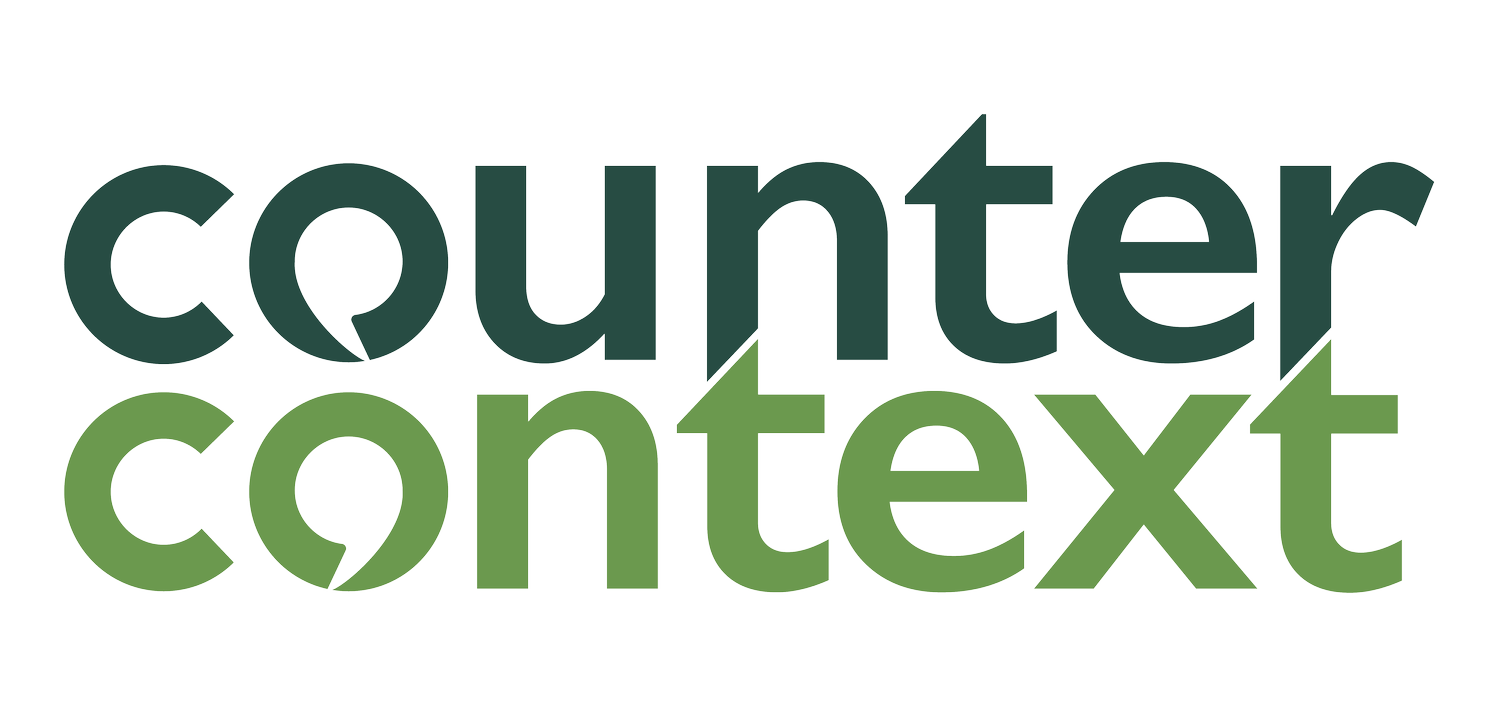Big changes and big challenges for public consultation
How can local authorities build trust amongst different audiences with very different needs?
16th October
By Tom Blin
Trust. A simple word. Just five letters long, yet one that is so profound and impactful that it can make or break anything from a consultation to a kingdom, as numerous political figures can testify.
So what is trust, and why is it so important for a consultation? In short, trust is faith: the faith of others in your reliability, accountability and integrity. It is key to how local authorities operate, and is fundamental in delivering effective consultations. Yet in the world around us, trust seems to be increasingly under siege - narratives can spread quickly thanks to the power of social media, an unending chain of claim and counter claim, leaving many wondering what the truth is.
But what can local authorities do to address this? What route map can they follow to successfully consult when so much can go wrong?
The foundation of any consultation is clear, consistent, and transparent messaging. Trust relies on understanding, and messaging forms the basis of all communications and understanding that support a consultation. We can achieve this by using key messaging to explain why a something is proposed, what is being planned and how it will be delivered. Messaging should also root the details into a bigger picture or vision. By explaining how an individual proposal contributes to an overarching citywide strategy, the public can understand the motives and intentions behind it, and avoids the creation of a vacuum information which could be filled by conspiracy theories or false narratives.
We can also build trust by:
Explaining the consultation process and the principles that underpin it – something that is often overlooked.
Being clear on why a consultation is being undertaken, how long it will run for, and how feedback will be used, we can build understanding and trust in the process.
Setting out clearly at the outset which channels are being used, and why, ensures transparency in the process. It protects an organisation from claims that sections of the community have not been involved or other criticisms of procedure. Most importantly, it builds confidence in the process. Explaining that process also allows an organisation to demonstrate and set out its commitment to inclusion, for example, by being clear that a freephone telephone line and face-to-face events are available, and that screen readers are being used, to ensure that anyone can find out more and ask a question and that all communications materials are accessible to the visually impaired, to ensure accessibility.
At Counter Context, we believe that consultations are most effective when they are a two-way process. Project deadlines and other external realities can often interfere with project timelines. Where possible, these constraints should be explained, so that the public understands them and expectations are managed.
Alongside this, the feedback process should also be two-way. Where an organisation wants to receive feedback on proposals, there is often an expectation from those consulted of receiving feedback in return on which key comments were made, how they’ve been considered and what the outcome is. Feedback should be proactive where possible: by emailing copies of the final consultation report to those consulted, for example, so that the public can see that their comments have been acknowledged, considered and valued.
By embedding an approach that focuses on building trust in each consultation, we can enhance the reputation of the consulting organisation in the eyes of the public to drive more effective consultation and engagement in future. As public engagement grows, so too do the opportunities to further cement positive links within communities and organisations. Trust means that a wider breadth of voices are more likely to be heard, including seldom heard groups, helping to create a wider dialogue on delivering change.
Trust is, therefore, fundamental to reducing opposition, to avoiding delays or cancellations of schemes, plans and policies, and to reducing costs. We cannot deliver the scale of change required in our society if we fail to consider how we can more effectively build trust and address apathy.
At Counter Context, we have invested in research to help us innovate in how we develop trust in our clients, their plans, and how they consult, in a rapidly changing world. Trust is more than a five-letter word, it is the backbone of reputation, and for those who consult regularly, building trust can be the difference between the success or failure of their consultations for years to come.

